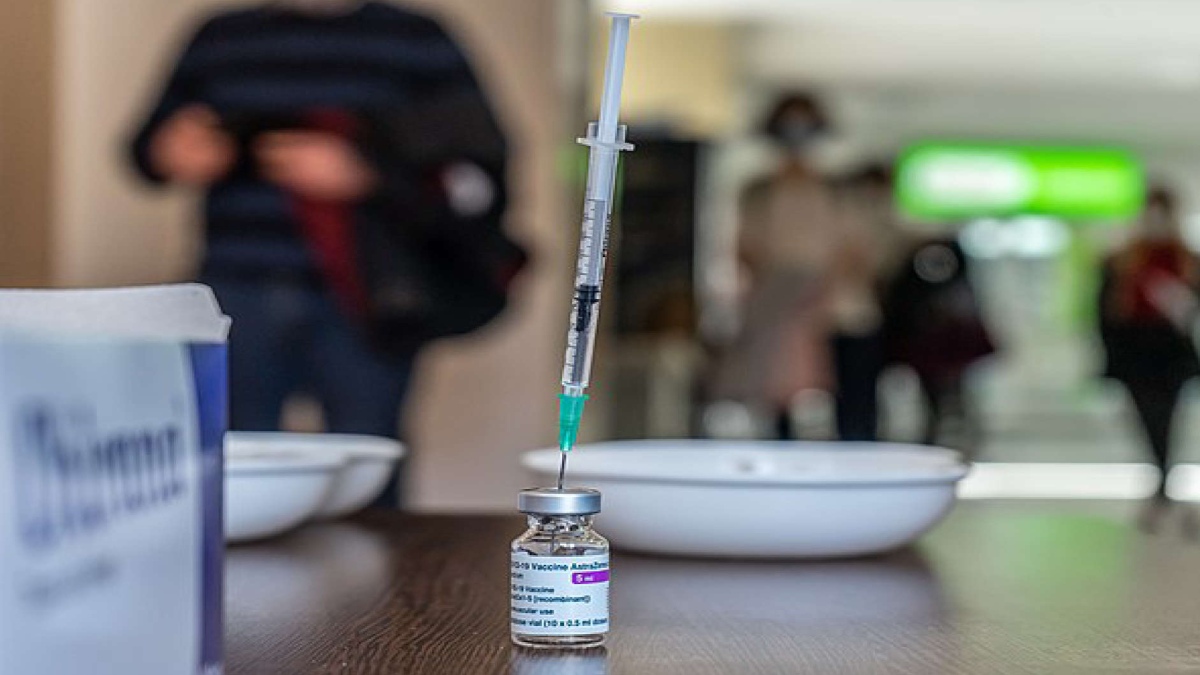


The Supreme Court on Monday while saying that bodily autonomy and integrity are constitutional rights and no individual can be forced to get vaccinated against Covid-19, also affirmed the Central government’s Covid-19 vaccination policy.
A bench of Justices L. Nageswara Rao and B.R. Gavai also held that the vaccine mandates imposed by various state governments and other authorities in the context of the Covid-19 pandemic are “not proportionate”. Saying that restrictions on unvaccinated individuals in relation to public places and access to resources are unreasonable, the bench suggested the states remove such restrictions. The bench said it is satisfied that the current vaccine policy cannot be said to be unreasonable and manifestly arbitrary.
It further held that no substantial data has been produced on record by the Centre to show that the risk of transmission of Covid-19 virus from the unvaccinated persons is higher than from the vaccinated persons. The top court also directed the Centre to make public the data on the adverse effects of Covid-19 vaccination. On Covid-19 vaccination for children, the apex court said that it is not possible for it to second guess the opinion of experts and the vaccination indeed follows the global standards and practices.
The Supreme Court on Monday while saying that bodily autonomy and integrity are constitutional rights and no individual can be forced to get vaccinated against Covid-19, also affirmed the Central government’s Covid-19 vaccination policy.
A bench of Justices L. Nageswara Rao and B.R. Gavai also held that the vaccine mandates imposed by various state governments and other authorities in the context of the Covid-19 pandemic are “not proportionate”. Saying that restrictions on unvaccinated individuals in relation to public places and access to resources are unreasonable, the bench suggested the states remove such restrictions. The bench said it is satisfied that the current vaccine policy cannot be said to be unreasonable and manifestly arbitrary.
It further held that no substantial data has been produced on record by the Centre to show that the risk of transmission of Covid-19 virus from the unvaccinated persons is higher than from the vaccinated persons. The top court also directed the Centre to make public the data on the adverse effects of Covid-19 vaccination. On Covid-19 vaccination for children, the apex court said that it is not possible for it to second guess the opinion of experts and the vaccination indeed follows the global standards and practices.